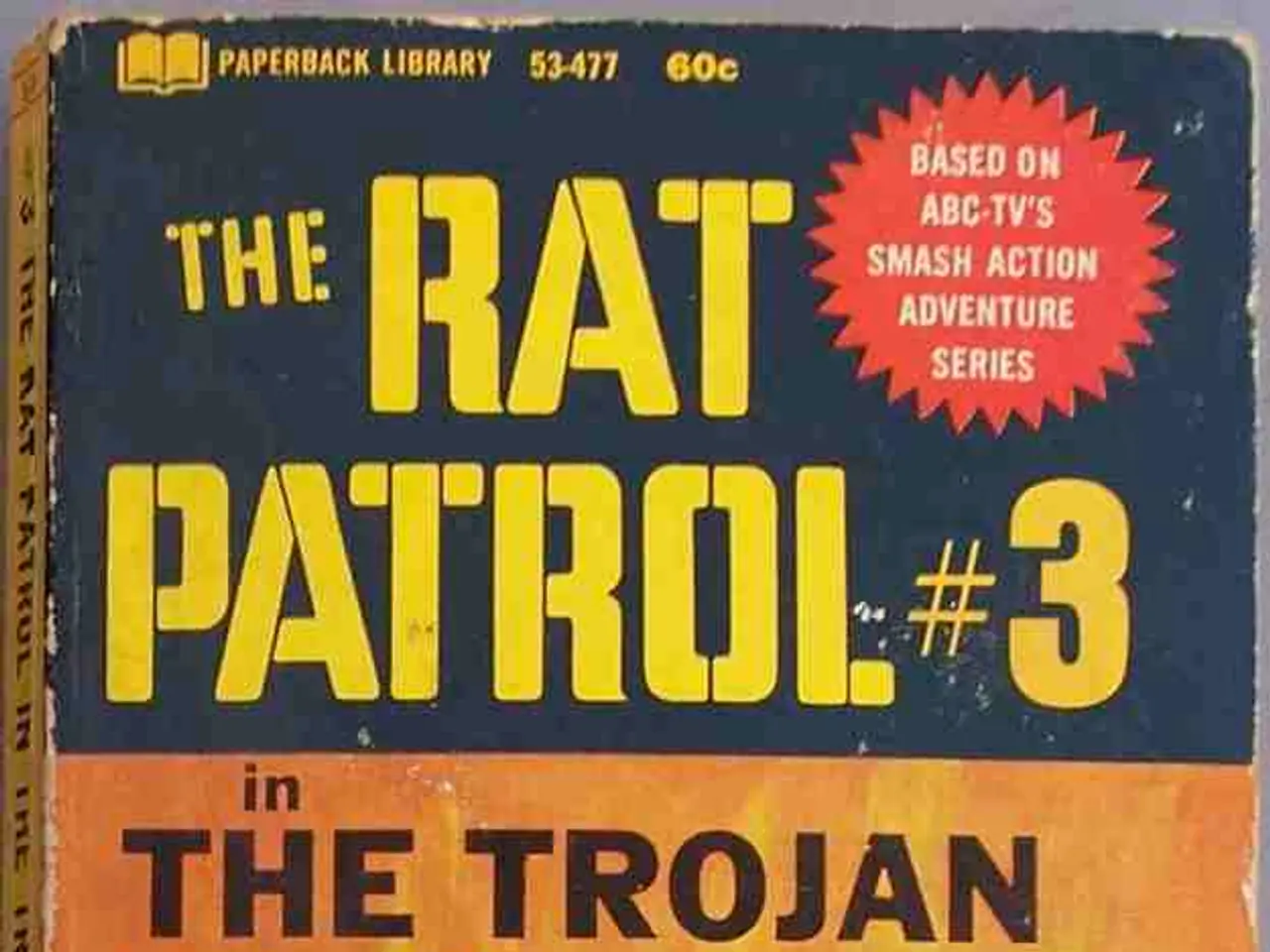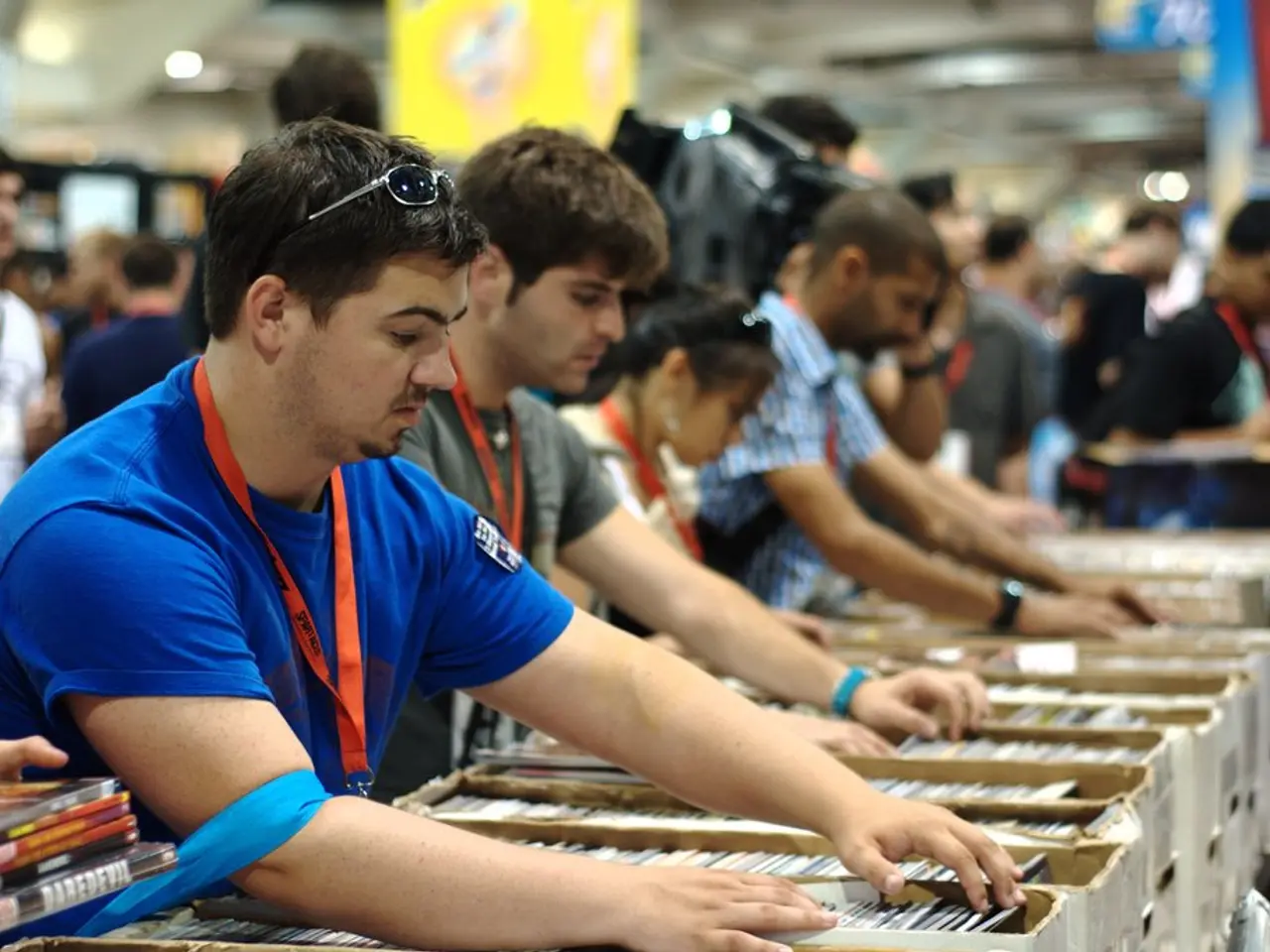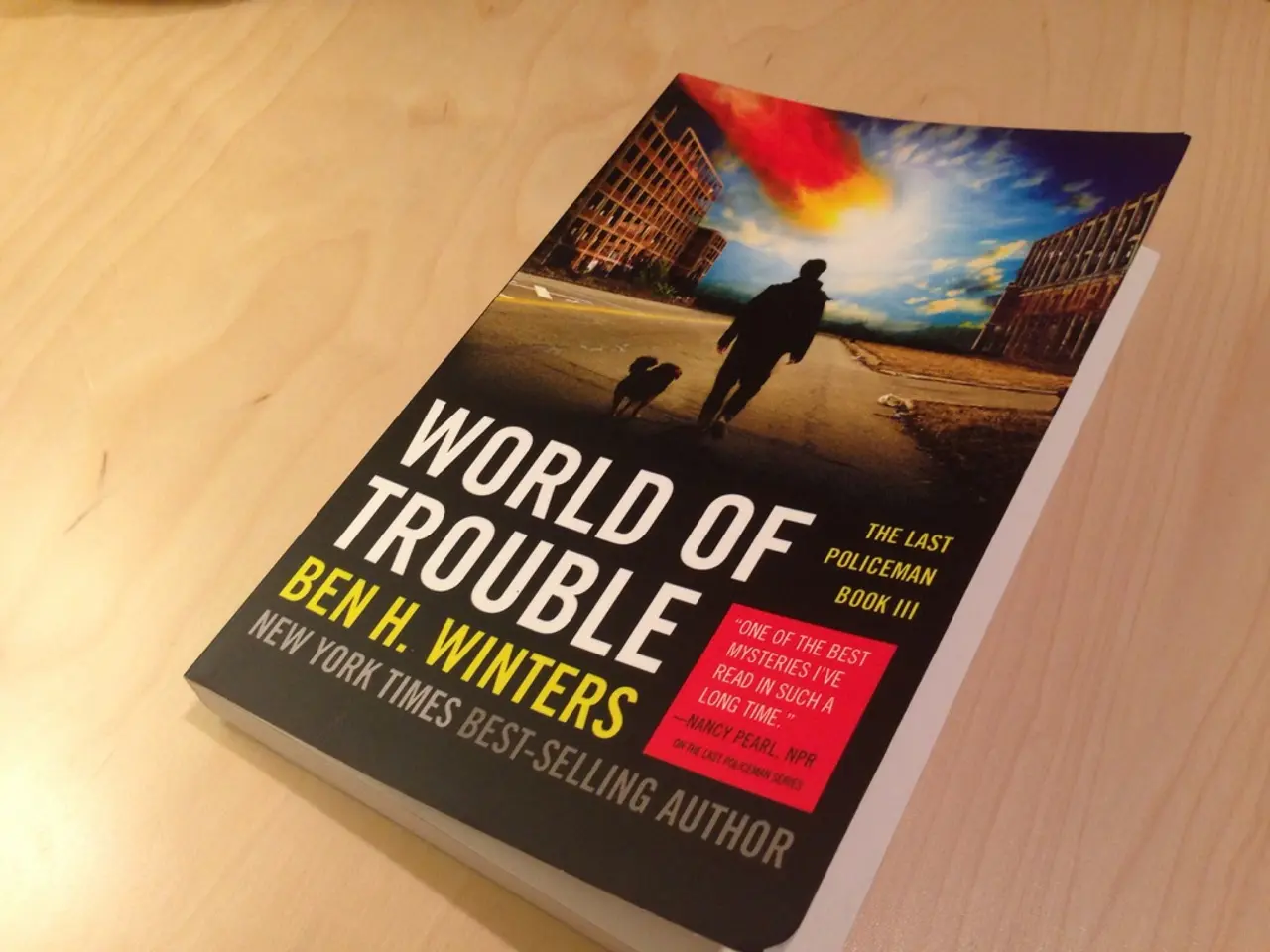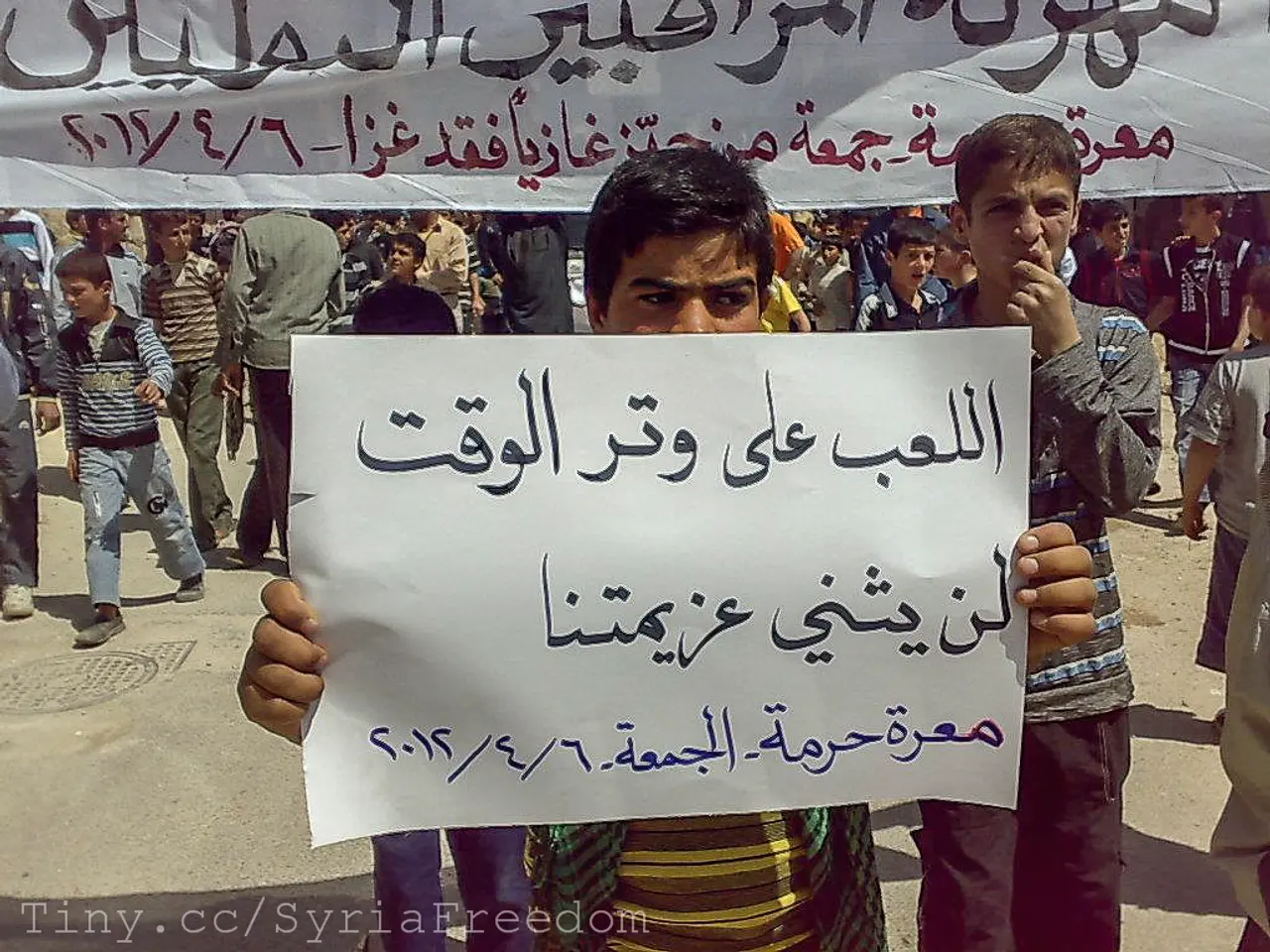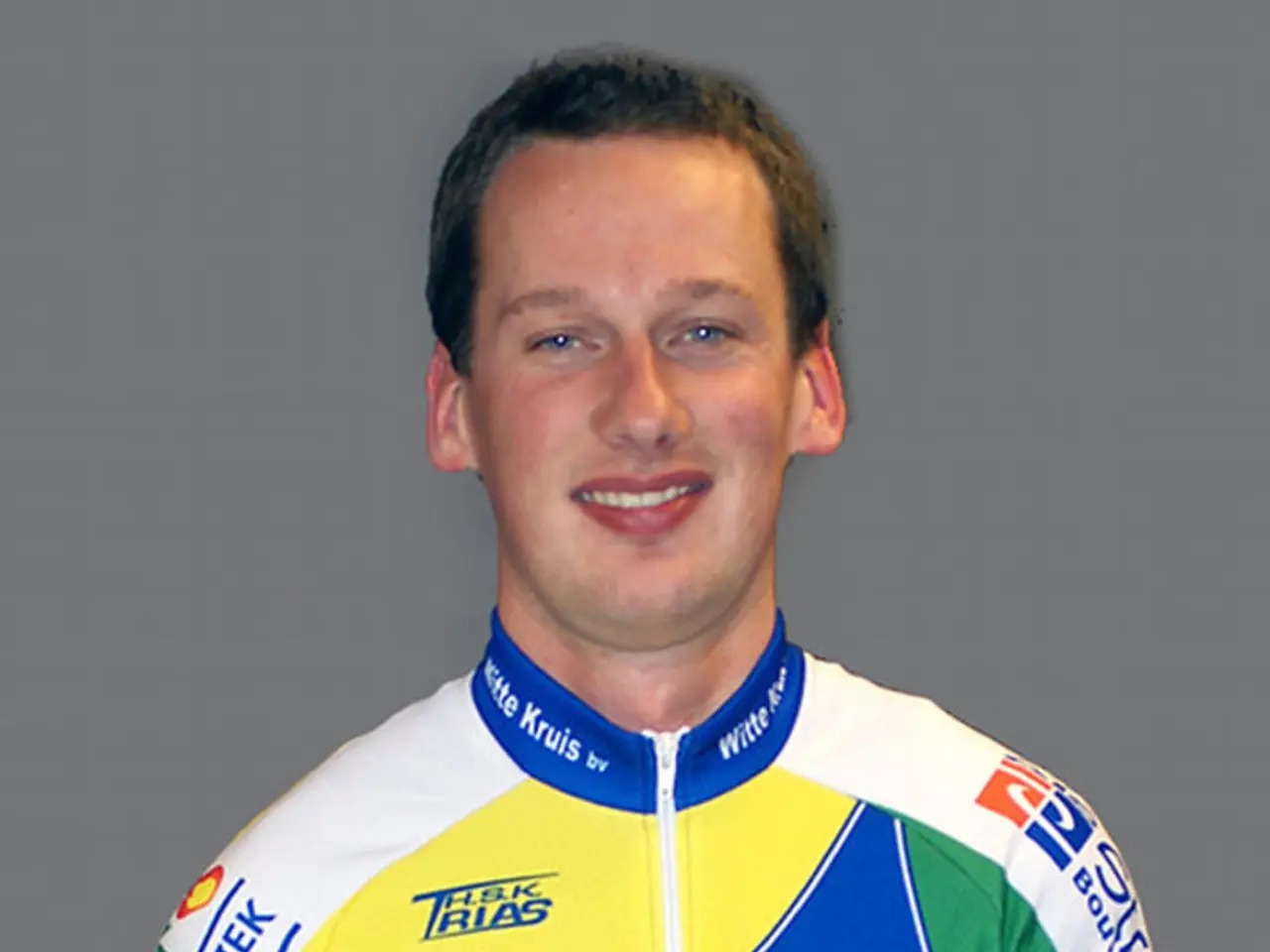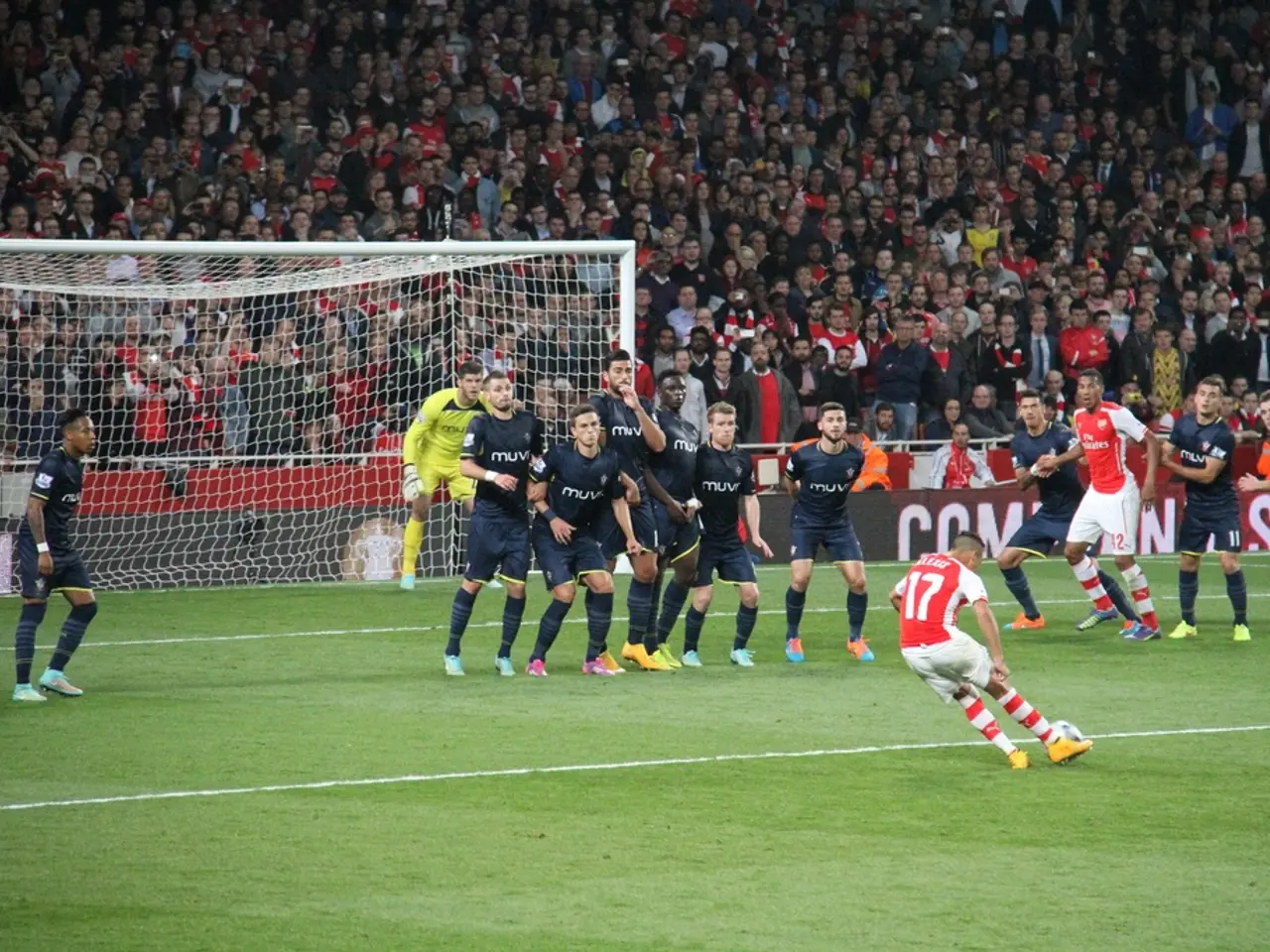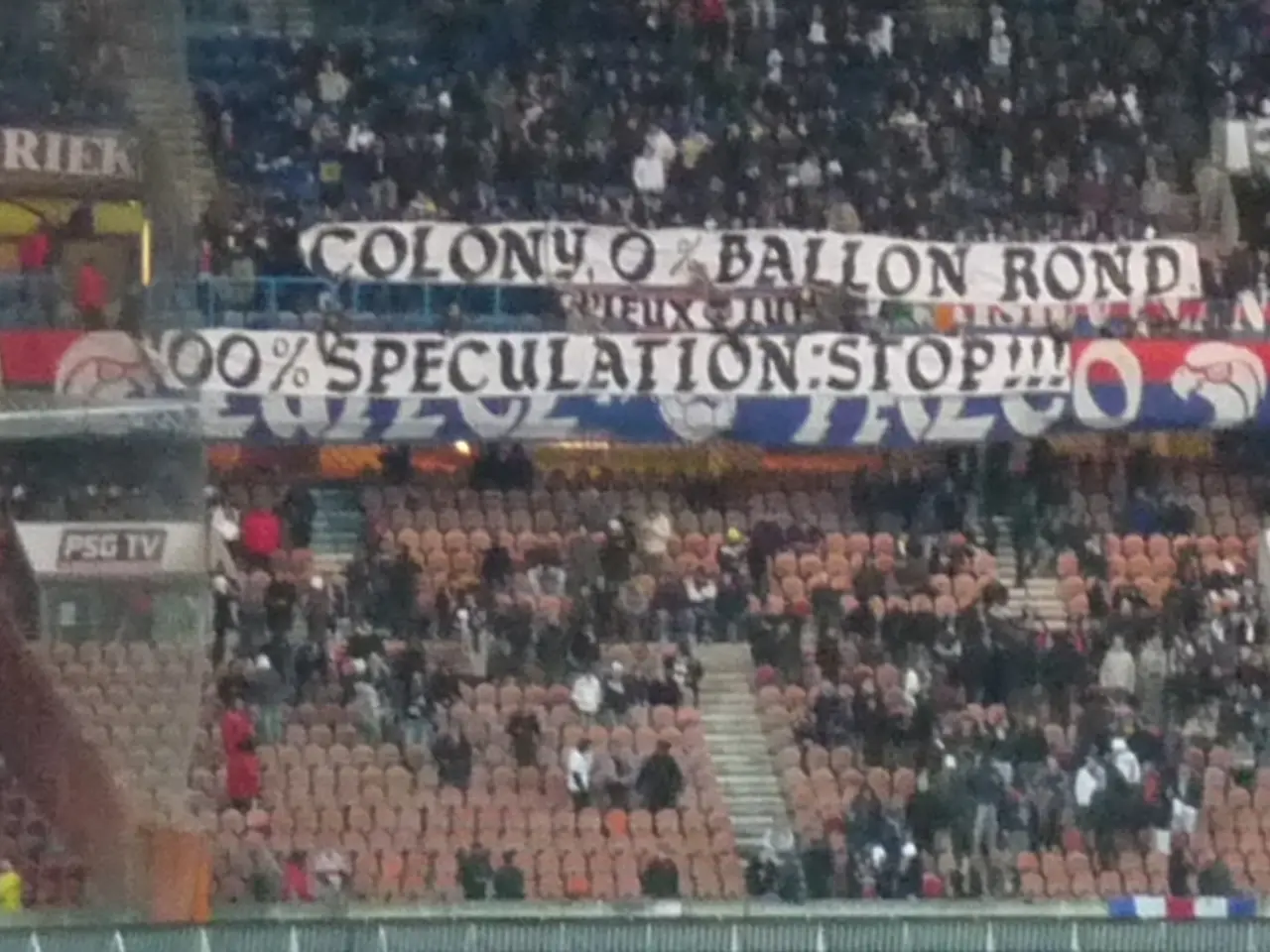Mützenich Speaks Out: A Clash within Germany's SPD over Russia Policy
SPD member Mützenich perceives mistreatment by his own party
In the heart of Germany's Social Democratic Party (SPD), a heated debate unfolds. The crux of the issue? A plea for diplomacy and engagement with Russia, embodied in a manifesto signed by Rolf Mützenich, former SPD parliamentary group leader, and others. This stance, however, has left Mützenich feeling misunderstood and under attack by fellow party members.
Behind the Cold Wind
The manifesto, dubbed the "Peace Manifesto," advocates for a change in approach to Russia and the question of rearmament. The call for dialogue has stirred up controversy within the party, with some interpreting it as an attack on the party leadership. Defence Minister Boris Pistorius even labelled it as "reality denial."
Mützenich turned the heat on these accusations, stating that it's unjust to portray him as a "Putin apologist." He feels that his push for diplomacy should not be construed as naivety, especially given Germany's dependence on Russian gas from party allies.
Dialogue vs. Confrontation
Amidst the criticism, Mützenich maintains his belief that international conflicts, such as the ongoing war in Ukraine, can only be resolved through dialogue with Russia. However, he makes it clear that he harbors no illusions about Russian President Vladimir Putin and the “disgust” he feels towards him.
This stance sets Mützenich apart from Chancellor Friedrich Merz, who advocates for a firm and resolute opposition to Russian aggression, aiming to bolster Germany's global position and credibility[1][3][5]. The SPD leadership, including party leader Lars Klingbeil, tries to maintain unity, downplaying the manifesto as merely an extension of previous government policies[3][5].
Despite the ongoing conflict, Mützenich was expected to be honored for his work as parliamentary group leader at the SPD federal party conference. However, he has other commitments and will not attend the event.
The War in UkraineRussiaSPDRolf MützenichVladimir Putin
Source: ntv.de, mau
Enrichment Insights:
The conflict within Germany's SPD revolves around a manifesto advocating renewed dialogue with Russia, opposed by a hardline stance from Chancellor Merz. This internal division threatens to weaken the governing coalition's foreign policy coherence, complicating efforts to present a united front and a clear strategy on the war in Ukraine[1][3][4][5].
Christian Schmidt, President of the German Atlantic Association, condemned the manifesto as dangerous, arguing it reflects nostalgic sentiments disconnected from the present situation and threatens to embolden Russian expansionism[4].
The tension highlights a broader debate within German and European politics about balancing diplomacy and deterrence in response to Russia's invasion of Ukraine.
The European Union, as a key player on the global stage, has a responsibility to ensure that the EU's foreign policy is fully implemented, considering the ongoing political debates surrounding Russia and the war in Ukraine. The internal division within Germany's Social Democratic Party (SPD) over the country's approach to Russia reflects this broader European debate, with the Peace Manifesto advocating renewed dialogue and the hardline stance advocated by Chancellor Friedrich Merz.
